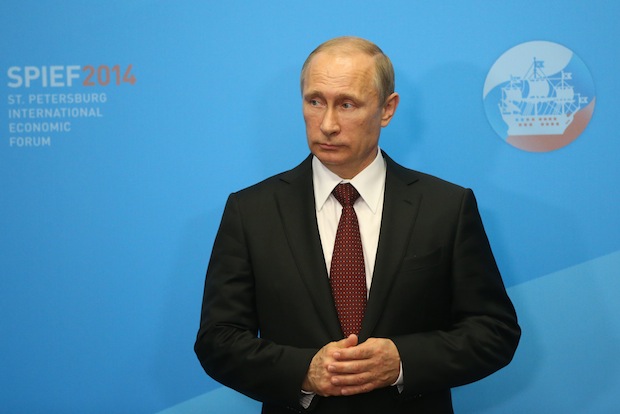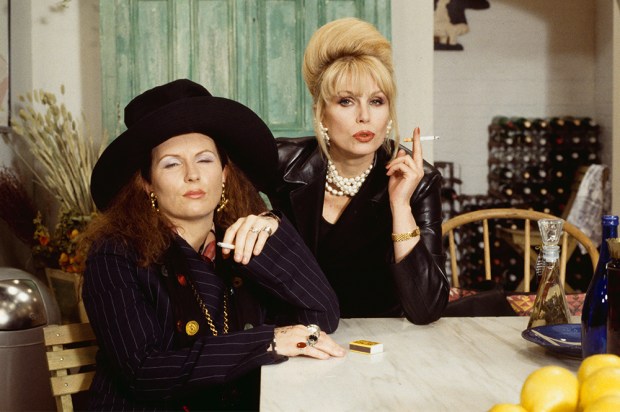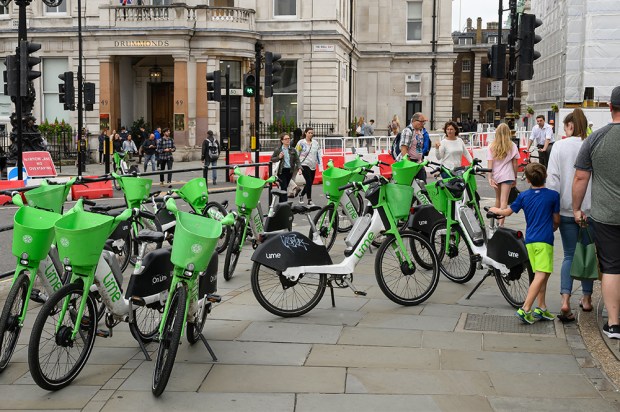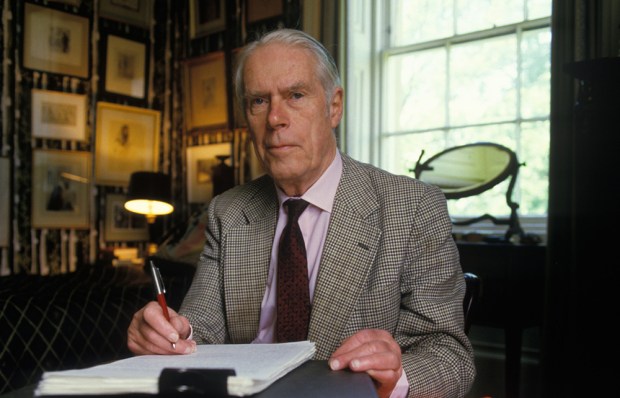My trips to meet Russians in Russia these days are a little less controversial than my encounter with them in Corfu. The Corfu trip, though, did have the bonus of throwing me together with George Osborne, whom I had not known previously. Returning from St Petersburg I awoke on Saturday to his interview on the Today programme. If the Tories win the next election (unlikely in light of last week’s performance) it will be down to his political skill and determination. And his being joined at the hip to Cameron. If Blair and Brown had managed the same double act, Labour would still be in power today.
The St Petersburg international economic forum was somewhat less international this year. It was held a month earlier than usual so that President Putin’s calendar could fit in a meeting of the G8 in Sochi. Following the illegal annexation of Crimea, the G8 became the G7 and the rest is, well, not quite history.
The Daily Telegraph, alone, took great interest in my participation in Putin’s ‘lackey’ summit. Before going they condemned me for my craven attendance, but by the time I left I was being celebrated for my blunt messages to Mr Putin. I am convinced Crimea will turn out to be a pyrrhic victory for Putin because not only will the peninsula be ostracised internationally and unable to earn a living — ask northern Cyprus what this is like — but Russia will end up footing the enormous annual bill for its utility and welfare costs, hardly affordable given Russia’s faltering economy. By the way, my friend Charles Moore alleged that I was busy in Russia helping oligarchs avoid sanctions. I am still waiting for his retraction.
Unfortunately Russian banya visits are no longer de rigueur, as the heat tends to excite my low-level eczema, but I still relish trips to Russian restaurants, mainly for their salad, pickles and vegetables. I enjoyed roast duck at the grandiose Empire on Nevsky Prospekt. Before the fall of the USSR, you could only get a cooked meal outside of your home in canteens, where state-backed dumplings and cabbage were the order of the day. Their modern equivalent remain a privilege to be enjoyed by the elite and they will no doubt continue to turn a good profit despite Russia’s descending currency, capital flight and difficulties in accessing international finance. Putin has much more to fear from the markets than from western governments: globalisation has given sanctions a 21st-century edge.
Of course, things were worse in Russia in the 1990s. Reputedly what triggered the worst crisis of the post-Soviet era (the currency collapsed in the space of 48 hours) was the news that the Kremlin could not afford to cover the costs of the reburial of the Tsar and his family planned by President Yeltsin. For all Russia’s manifold problems — shocking corruption, dependency on hydrocarbons, poor public services and infrastructure, and increasingly restricted media freedom — the current leadership has turned around a country that was becoming a criminalised and chaotic failed state. Many in the West have little time for Putin, and I understand why, but it is not appeasement to recognise that Russia’s rescue remains remarkable.
Nigel Farage has no trouble in heaping praise on Putin because of their shared antipathy towards Europe. Farage’s party had a good week. The challenge for them is to build a genuine movement beyond a charismatic leader, a band of fruitcake candidates and a clutch of reactionary ideas. I doubt they will succeed. In my political career we’ve seen two similar ‘breakthrough’ moments, both in the 1980s: the SDP’s rise and fall, then the Greens coming and going. Those parties’ success was only due to Labour’s weakness. When Labour got its act together, their appeal faded. The same has to happen now, if Labour wants to become more than a minority administration in 2015. Douglas Alexander, the party’s election chief, said: ‘Labour can win the general election if we take the right steps between now and a year’s time.’ The ‘if’ has to include fewer crowd-pleasing cost-of-living promises and more counter-intuitive policies.
Last word on St Pete. When I climbed the stage to opine in my fifth panel of the day, I discovered to my horror that I was positioned between two sanctioned Russian state luminaries. Normally at conferences you want to network like mad. This time I was desperate to avoid eye contact before racing for the door. Incidentally, I am a step nearer to realising my dream of a farming life, which I first hinted at in a Spectator interview years ago. I am going to rent a modest dwelling in deepest Wiltshire next door to the herdsman and his family. My lambing and milking skills will soon be tested. Baa and moo.
Got something to add? Join the discussion and comment below.
Get 10 issues for just $10
Subscribe to The Spectator Australia today for the next 10 magazine issues, plus full online access, for just $10.
Peter Mandelson is a former Cabinet minister, and now chairman of Global Counsel
You might disagree with half of it, but you’ll enjoy reading all of it. Try your first month for free, then just $2 a week for the remainder of your first year.














Comments
Don't miss out
Join the conversation with other Spectator Australia readers. Subscribe to leave a comment.
SUBSCRIBEAlready a subscriber? Log in